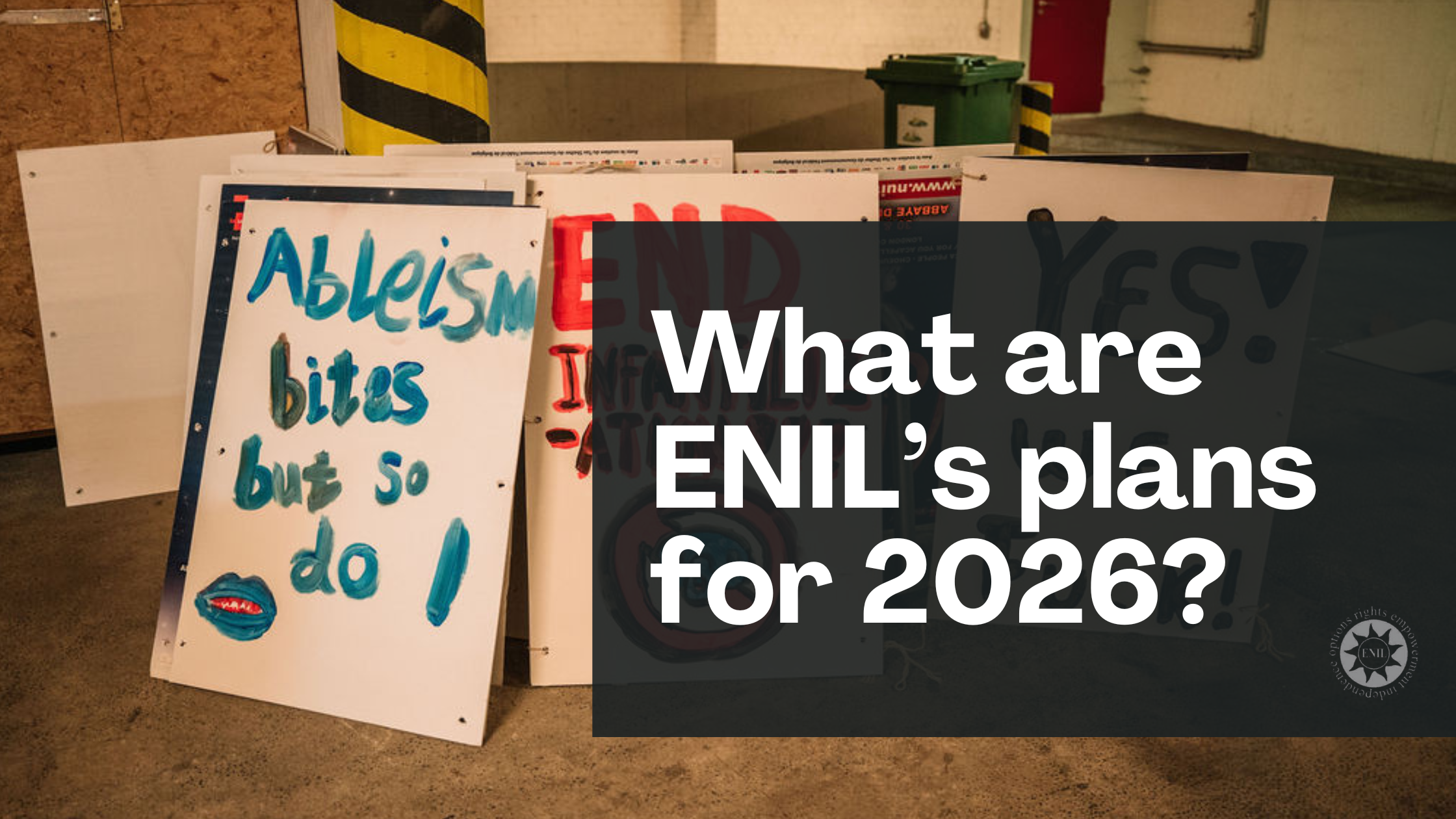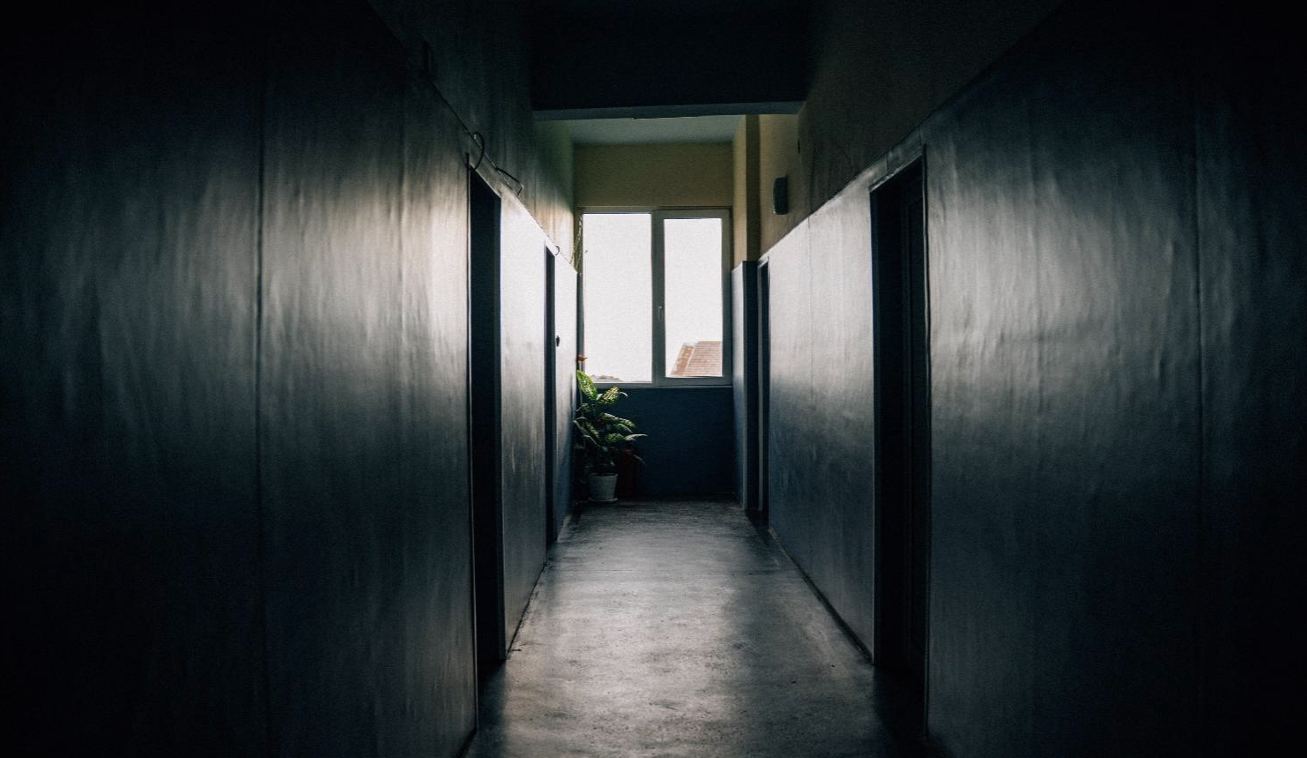In view of the upcoming report on the implementation of the UN Convention on the Rights of Persons with Disabilities (CRPD) in Spain, ENIL and FEVI (Federación Vida Independiente) prepared a submission on Article 19 CRPD – the right to live independently and to be included in the community. The Committee on the Rights of Persons with Disabilities will adopt recommendations to the Spanish Government during the 21st Session of the Committee in Geneva, from 11th March until 5th April 2019.
ENIL and FEVI are deeply concerned about Spain’s lack of progress in implementing Article 19 CRPD since the country’s initial review in 2011. Our key concerns in Spain, in relation to access to Independent Living are:
Minimal progress towards independent living and failure to adopt a strategy and a concrete plan of action for deinstitutionalisation: over 160.000 disabled and older people in Spain remain segregated in state-funded long-stay residential institutions.
Continued use of public funds to build new residential institutions for disabled people: we have found substantial evidence of increasing public investment into the building of new long-stay residential institutions for disabled people. It is of an even greater concern that many of these new institutions have benefited from partnerships with organisations of or for disabled people in Spain.
Extreme difficulty in accessing personal assistance for disabled people: access to personal assistance remains extremely limited. As many as 7 communities have 0 personal assistance users, and the vast majority have a small number.
To this end, we have asked the CRPD Committee to include the following recommendations in the Spanish report:
a. As a matter of priority, put in place a strategy for deinstitutionalisation, with specific timeframes and an adequate budget, in order to facilitate the closure of all long-stay residential institutions and the development of quality community-based alternatives that promote social inclusion and participation, for all groups of disabled people.
b. Stop using public funds to build new long-stay residential institutions for disabled people. Instead, funds should be used to develop accessible and affordable housing solutions, including social housing and supported living that facilitate independent living and social inclusion.
c. Allocate sufficient resources for the development of person centred and user-led services for all disabled people, such as personal assistance.
d. Revise eligibility criteria and funding for personal assistance, in line with the human rights model of disability, to ensure that all disabled people in need of personal assistance can benefit from this service. Furthermore, the right to personal assistance, as defined in the General Comment No 5, should be enshrined in law, in order to ensure equal access and to avoid discrimination based on the place of residence (i.e. post code lottery).
e. Ensure that all disabled people have access to peer support, in order to be able to make informed choices about their life, and put in place the necessary services to follow these choices.
f. Together with organisations that promote Independent Living (such as Centres for Independent Living), develop and run awareness raising campaigns about the right to live independently and to be included in the community, targeting policy and decision makers, disabled people and their representative organisations, families of disabled people, service providers, media and the general public.
Read the full ENIL- FEVI submission on the UN OHCHR’s website


